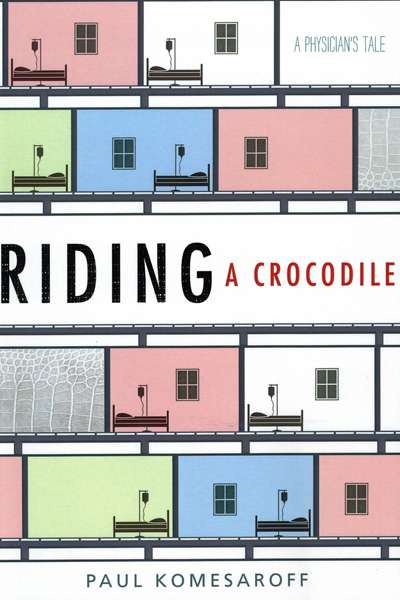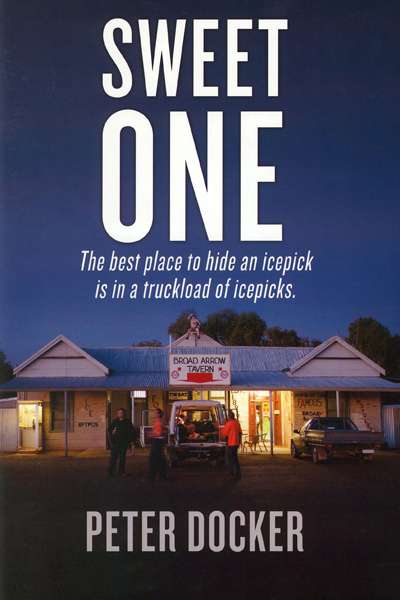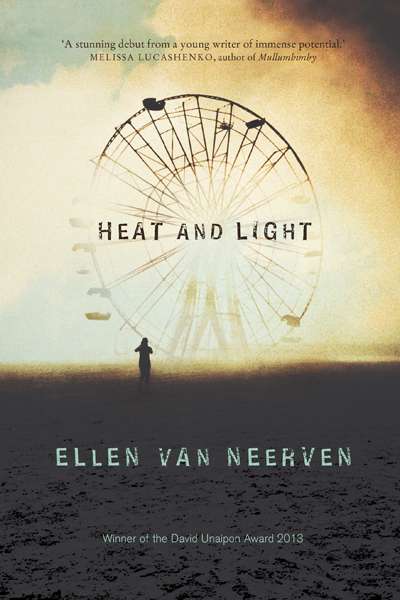Australian Fiction
Riding a Crocodile: A physician’s tale by Paul Komesaroff
by Rachel Robertson •
He was a man with a pinboard, and that boosted him a hundred points in her nervy evaluation, the first night she saw his room. On the pinboard were tickets, a laminated backstage pass, a wrapper from a Swiss chocolate, all those things that could wait for drowsy burbling nocturnal stories in the dark, the recounting of Times Before Her recited off like threaded bead ...
I phoned my father when I arrived.
He said ‘Your mum’s just round at Aunty El’s’ in such a way that I knew she wasn’t; that she’d left the room with her hand to her mouth when he’d first said hullo, love, and I felt so sorry for us all.
... (read more)







